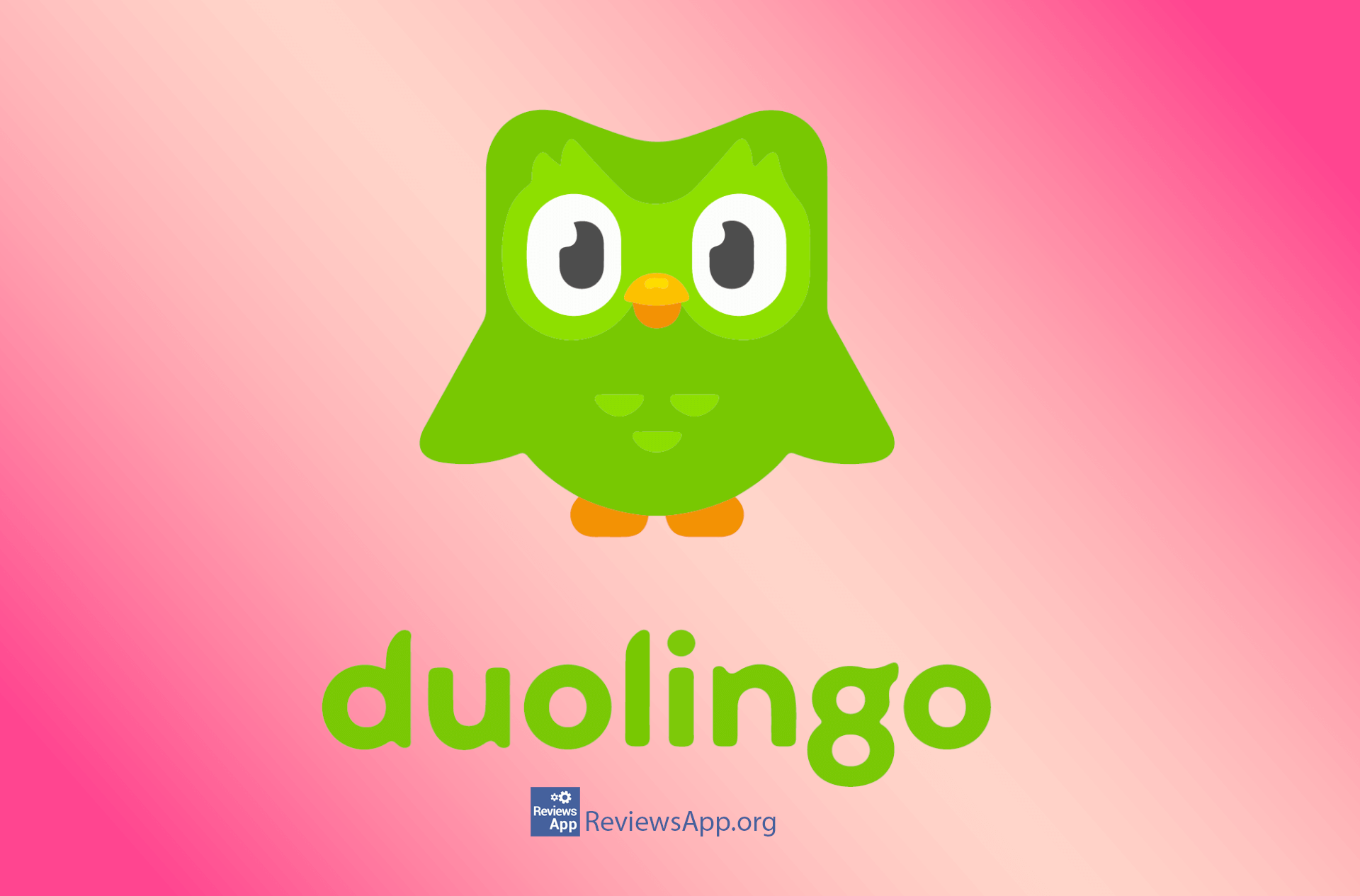


Celebrities are also very intentional about cultivating warm relationships with their fans, which rewards devotion. Dafna Zur, a professor at Stanford, says it’s because Korean shows are relatable they feature flawed yet likable characters, and the plot often mixes predictability and surprise. So why is Korean media so popular now? Dr. A survey conducted by Korea Europe Centre reports that 94% of Korean studies experts from nearly twenty countries think K-Wave will only grow more prominent in coming years. K-dramas have been all the rage since the 90’s, K-beauty products are a staple in global skincare franchises, and Korean cuisine is also gaining popularity.Īnd there’s no reason to think this wave of enthusiasm for Korean cultural products – “K-wave” or hallyu (한류)– has peaked yet. Parasite (기생충) won two Academy Awards last year, including Best Picture, and Squid Game (오징어 게임) has been viewed over 313 million times, making it the most popular Netflix show to date. BTS (방탄소년단) is a global phenomenon, accumulating five US #1 singles faster than Michael Jackson did and collecting thirteen Guiness records on the way. They couldn’t even understand the lyrics!īut clearly the South Korean cultural industry cracked some kind of code.

As the only Korean in my grade, I was baffled by its popularity. Lacrosse Bros and Theater Kids alike learned the dance. In my senior year of high school, Psy’s “Gangnam Style” went viral, eventually becoming the first YouTube video to reach a billion views. The fruits of this influx of culture will be positive for both Korea and the West, writes Hannah Kim. An influx of Korean culture has entered the West, bringing with it Korean cultural norms, thought and soft power. This would likely appeal to Asian users who want to have a metric which they can submit in job applications.Īs Duolingo goes all out to capture more Asian users, it would be interesting to see how it takes off in the region, and whether it can keep up the momentum by launching for even more local languages.Squid Game, Parasite and BTS… they’re all part of the K-wave. In April, Duolingo also announced it would be launching the Duolingo Test Center, a $20 standardized language test that you take on a mobile app to certify your English skills. Duolingo introduced a gamified virtual store late last year, which lets users earn a virtual currency called “Lingots” by achieving certain milestones in Duolingo, then subsequently use the money to purchase virtual items to customize their experience. Duolingo co-founder Luis von Ahn revealed earlier in an interview with TNW that the company views games as its competitors, because they occupy time that users spend on mobile, and this is why it has added a gaming element to make the learning process more fun.


 0 kommentar(er)
0 kommentar(er)
